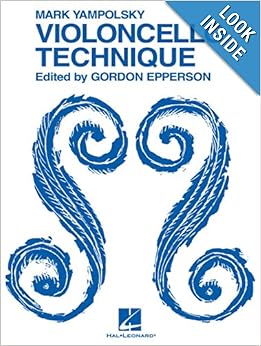A couple of weeks ago, I was perusing Facebook and saw a post by one of my FB friends about a meeting of a local group that gets together to play the viola da gamba. It was featured on one of our local NPR stations:
Local Viol Fans Stay Loyal
The viola da gamba is something like a guitar, in that it has six (or seven) strings and frets, but it has a curved bridge and is played with a bow. It is played somewhat like a cello, in that it is held on the legs (where the "gamba" part comes from, Italian for "leg") in a vertical position. It is made in a a range of sizes (as depicted in the illustration above). Once the violin became popular, in the late 17th century, the viol became virtually obsolete. It has continued to be played and listened to by people interested in antiquities but for the most part not by mainstream musicians or audiences (with some exceptions, most notably Bach's three sonatas for viola da gamba and harpsichord).
Anyway, something about this stirred a desire I didn't know I had: I wanted to play one of those things. So I messaged the guy who posted the story -- he teaches both Baroque cello and viol -- and asked how I would go about getting started, and he offered to lend me an instrument. The upshot was that within a week I was sitting in his studio having a lesson on the bass viola da gamba. He sent me home with the loaner and a beginner's book.
A couple of days later, I was searching around on the 'net for info about viols and somehow came across an auction listing: an estate sale that included a lot of three violas da gamba, with bows, plus a pile of music and some extra strings. They were made in the 1970s by an amateur who had taken up violin making after he retired from his job as an engineer.
In an normal state of mind, I would be leery of this sort of thing, but I was apparently not in a normal state of mind because I soon found myself bidding. I didn't even notice until after I had made my non-rescindable bid that they were described as "tenor, alto, and treble" -- when what I really wanted was a bass.
The auction was set to end the next evening, and I spent the interim beating myself up mentally over being so stupid and hoping someone else would outbid me. There was one other person who bid a few more times, but I had craftily bid the highest amount I could imagine wanting to pay, so my bid automatically increased after each of his bids. I guess he hit his limit because at the close of the auction I was the proud (?) winner.
I went to pick them up the next day. I had no idea what to expect.
The pickup location turned out to be a modest retirement community, rows of plain one-story buildings spread out like caterpillars. I parked my car and proceeded down the row I'd been directed to; the door of the house was open, and I was greeted by a pleasant young couple who were handling the sale out of the owner's emptied-out place.
I was feeling fairly grim about the whole thing at that point, but they seemed so excited about it that I agreed to look at one of the instruments before I took them. They unzipped the largest case, and yep, it looked pretty darned amateurish: shiny red varnish, a very crudely carved face in place of the scroll. I don't remember what I said, but their enthusiasm made me feel a little better. The guy helped me carry all the stuff to my car, and I drove home.
After I had sorted through all the music and examined all the instruments, I realized that the largest one was actually a bass (what I had wanted in the first place), the middle one a tenor, and the smallest one (about the size of a violin) a treble -- the usual members of a consort. The treble's sound post was down, so I couldn't do anything with it, but after I replaced a broken string on the bass and tuned it and the tenor up, I realized that yes, these were playable and not totally terrible, especially for the price I paid. The music alone would have cost several hundred dollars, the strings another several hundred. I started to feel a little happier about my purchase. And then, I'm a sucker for instruments in general. So I guess these little guys will entertain me for a while.
 |
| "Christmas gambarama" |
I did promise my husband not to make a habit of this.







